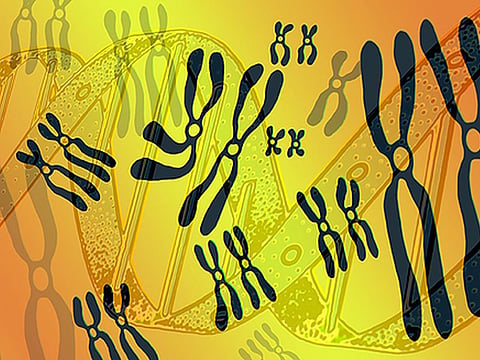TUESDAY, Jan. 3, 2017 (HealthDay News) -- The activity of certain genes are associated with premenstrual dysphoric disorder (PMDD), according to a study published online Jan. 3 in Molecular Psychiatry.
Researchers analyzed lymphoblastoid cell line cultures from women with PMDD and asymptomatic controls utilizing whole-transcriptome sequencing during untreated (ovarian steroid-free) conditions and following hormone treatment.
The researchers found that women with PMDD manifested ovarian steroid-triggered behavioral sensitivity during a hormone suppression and addback clinical trial, and controls did not. They also found that more than half of Extra Sex Combs/Enhancer of Zeste (ESC/E[Z]) genes were over-expressed in PMDD patients' cells versus cells from controls. However, protein expression of four key genes was found to be decreased in cells from women with PMDD. Progesterone was found to increase expression of several of these genes in controls. Estrogen decreased expression in cell lines of PMDD patients.
The link "adds to evidence that PMDD is a disorder of cellular response to estrogen and progesterone," study author Peter Schmidt, M.D., of the U.S. National Institutes of Health's National Institute of Mental Health, said in an agency news release. "For the first time, we now have cellular evidence of abnormal signaling in cells derived from women with PMDD, and a plausible biological cause for their abnormal behavioral sensitivity to estrogen and progesterone."
Full Text (subscription or payment may be required)


